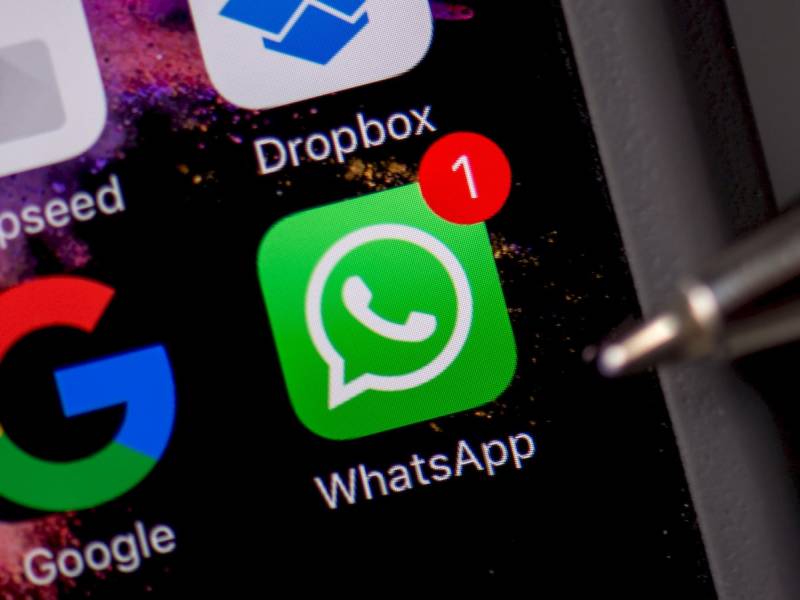Meta-owned instant messaging platform, WhatsApp, has reacted to the allegation of trust issues raised by Twitter’s executive, Elon Musk, over an alleged microphone bug concern raised by a Twitter engineer. While one of Twitter’s engineers, Foad Dabiri, tweeted that he discovered that WhatsApp has been using his phone’s microphone in the background while he was asleep, which suggested that the app was secretly recording its users’ activities, Elon Musk reacted to the post by saying, “WhatsApp cannot be trusted.”
Responding to the allegation, WhatsApp issued an official statement debunking the claim. According to the company, the reported issue could have been a bug on the user’s Android device.
WhatsApp’s statement
WhatsApp in its response to the issue stated:
- Over the last 24 hours, we’ve been in touch with a Twitter engineer who posted an issue with his Pixel phone and WhatsApp. We believe this is a bug on Android that misattributes information in their Privacy Dashboard and have asked Google to investigate and remediate it.
- Users have full control over their mic settings. Once granted permission, WhatsApp only accesses the mic when a user is making a call or recording a voice note or video, and even then, these communications are protected by end-to-end encryption, so WhatsApp cannot hear them. However, in what appears to be a personal beef with the Mark Zuckerberg company, Musk narrates the circumstances that led to the original founders of WhatsApp leaving Meta. Replying to a tweet under his post, which insinuated that many people did not know that WhatsApp is owned by Meta, Musk said: “Or that WhatsApp founders left Meta/Facebook in disgust, started the #deletefacebook campaign, & made major contributions to building Signal. What they learned about Facebook & changes to WhatsApp obviously disturbed them greatly.”
What you should know
Facebook, now Meta, acquired WhatsApp in 2014 from its founders, Jan Koum and Brian Acton, in a $19 billion deal. With the deal, the founders had a seat on the board of Facebook. However, in a recent interview with Forbes, WhatsApp co-founder Acton explained why he decided to leave Facebook. According to him, there was a disagreement over how Facebook should monetize WhatsApp. Acton told Forbes that Mark Zuckerberg and other Facebook executives wanted to begin targeting ads at users and selling business analytics tools, two plans that Acton didn’t agree with. “At the end of the day, I sold my company. I sold my users’ privacy for a larger benefit. I made a choice and a compromise. I live with that every day,” Acton told Forbes.




